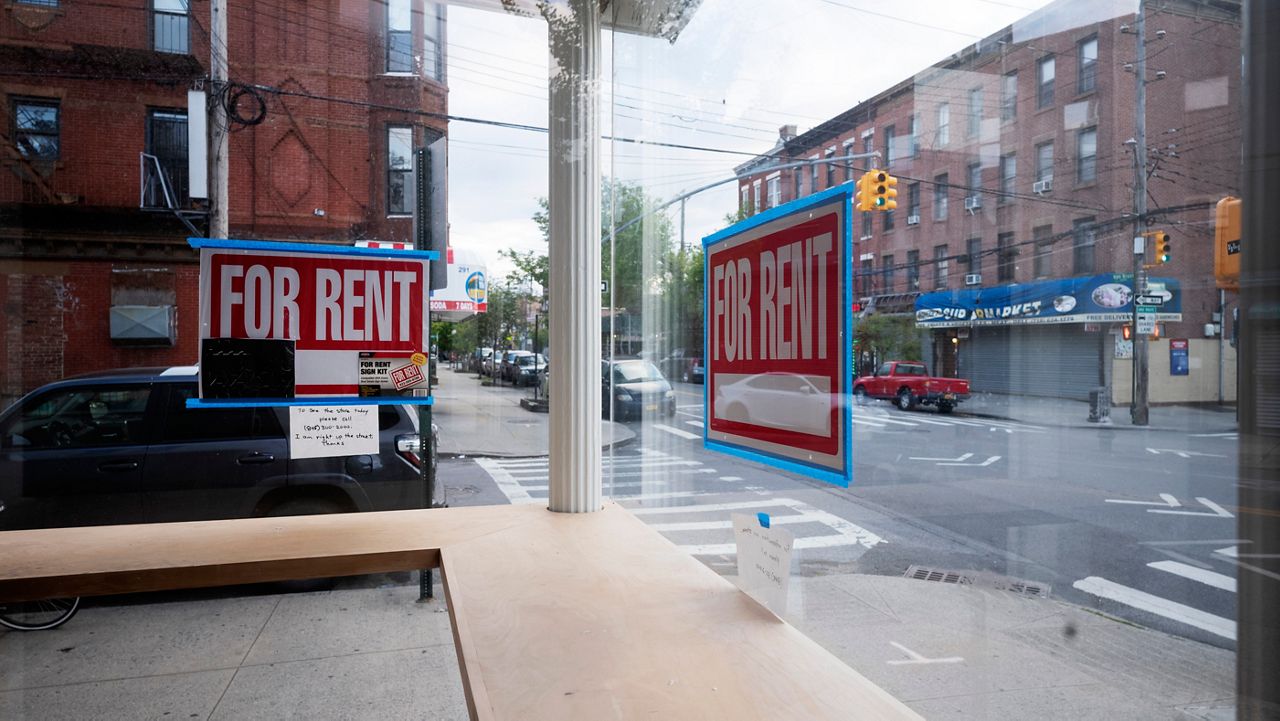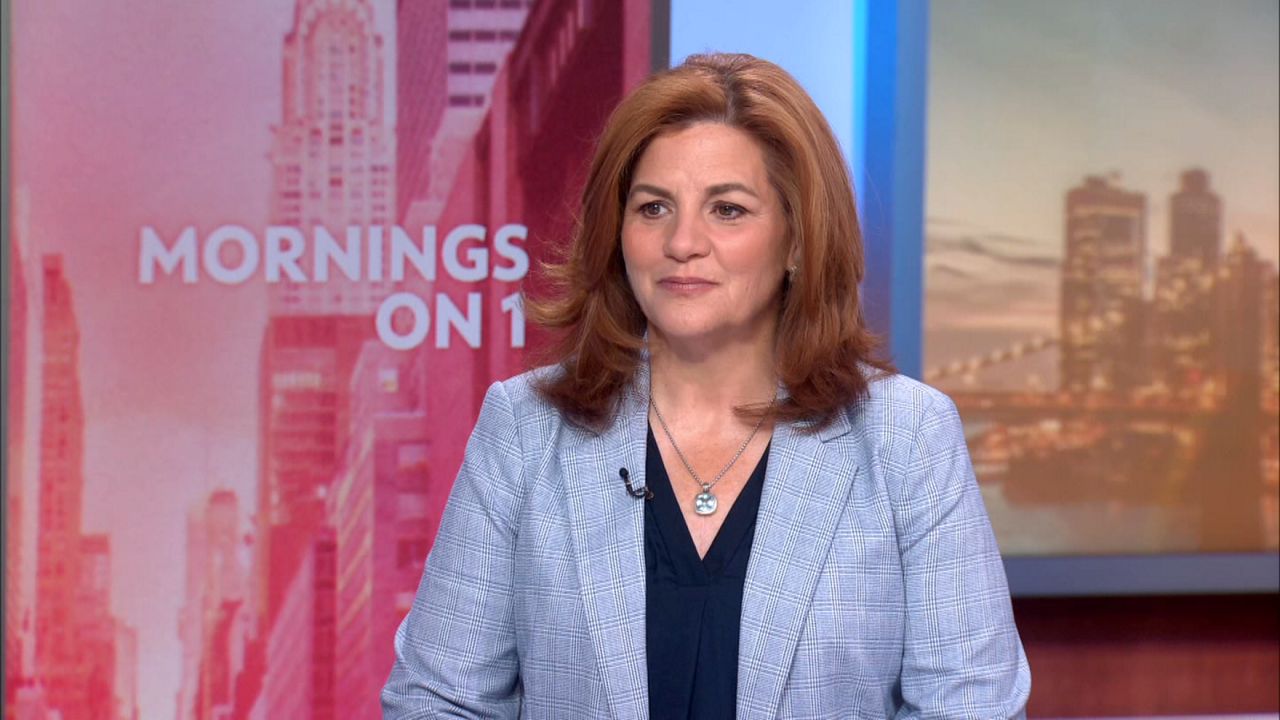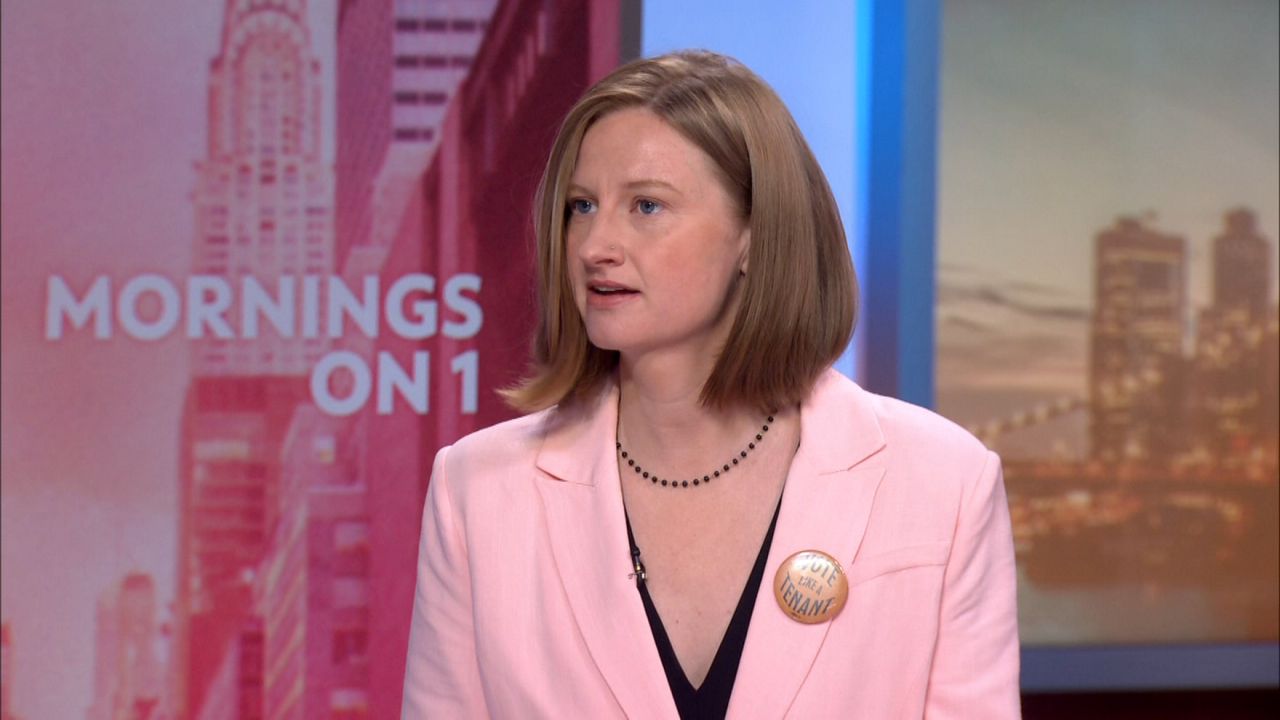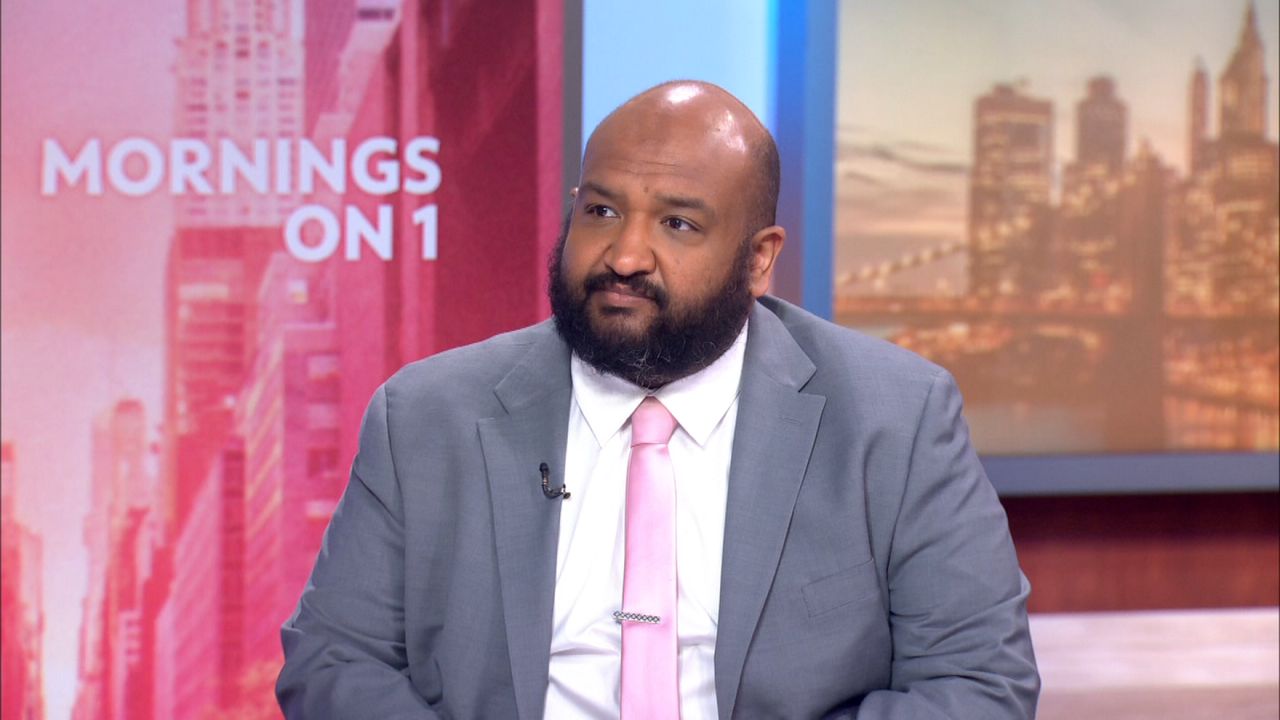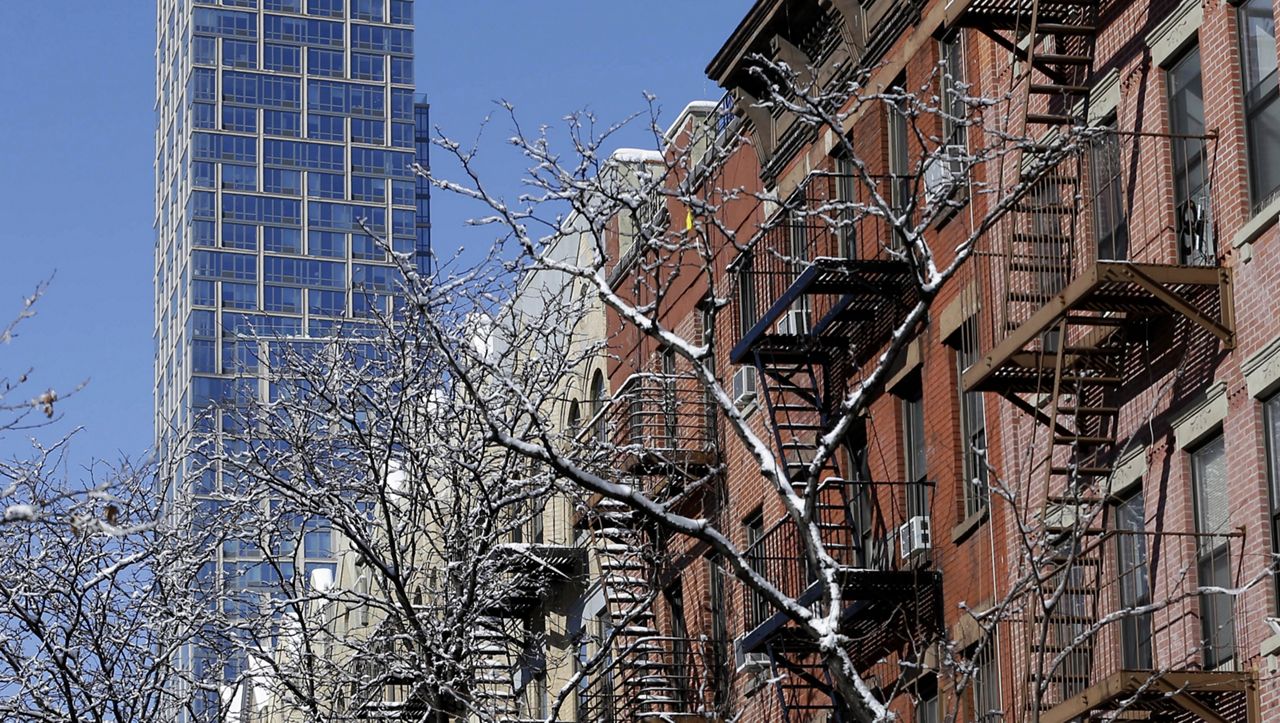With the Rent Guidelines Board set to vote on possible hikes for rent-stabilized tenants this summer, rent and the broader cost of living have become major issues in the mayoral race.
One candidate, Democratic Assemblyman Zohran Mamdani, has called for a four-year rent freeze for tenants in stabilized units.
What You Need To Know
- The Rent Guidelines Board is set to vote on possible hikes for rent-stabilized tenants this summer
- The board has already cast a preliminary vote in favor of 1.75% to 4.75% hikes for one-year leases and 4.75% to 7.75% hikes for two-year leases
- Kenny Burgos, CEO of the New York Apartment Association, joined "Mornings On 1" to discuss the issue
“We’ve seen the RGB find that landlord revenues are up 12%, but these tenants who are living in those units are on the brink of having to leave New York City, because they simply can’t keep up with these rents,” Mamdani said.
On the other side, there are rent-stabilized housing owners who say they will not be able to keep up with the high cost of properly maintaining their buildings without a rent increase.
Speaking with “Mornings On 1” Wednesday, Kenny Burgos, CEO of the New York Apartment Association — which represents a coalition of city property owners and managers — said that while a blanket rent freeze is unlikely, it would be catastrophic for landlords.
“We certainly sympathize with the costs that have increased across the board for New Yorkers, from property owners to tenants,” Burgos said. “And what I often tell folks is that tenants right now, 170,000 of them already have, effectively, a rent freeze.”
“If you are a tenant right now sitting with a [housing] voucher, which there are 70,000 in rent-stabilized housing, or if you have SCRIE or DRIE, which New York City has a program to then freeze your rent through that program, you will not see an increase,” he said, referring to Senior Citizen Rent Increase Exemption and Disability Rent Increase Exemption.
“And instead, those programs actually work because they still take into account the cost increases that these properties have incurred in order to run these buildings,” he added. “And a blanket freeze would essentially send these buildings on a death spiral.”
More than 1 million New Yorkers live in rent-stabilized apartments. The Rent Guidelines Board has already cast a preliminary vote in favor of 1.75% to 4.75% hikes for one-year leases and 4.75% to 7.75% hikes for two-year leases.
Tenant organizers say any increase would be too much for renters to absorb, citing economic strain and the rising cost of basic necessities.
Burgos argued that landlords — especially those in boroughs outside Manhattan — are already struggling to keep their buildings from falling into disrepair.
His association has been highlighting stories from smaller landlords who have been unable to maintain their buildings.
“Those buildings are essentially bankrupt,” he said. “And these owners are at a brink right now, and what’s going to happen is these banks are beginning to foreclose. These banks are beginning to collect on these loans, and there’s no more money to operate these buildings.”
Burgos said an estimated 50,000-plus New Yorkers qualify for SCRIE and DRIE, but don’t take advantage of it.
“These are seniors and disabled people that can qualify for a rent freeze, but we’re not talking about helping those folks, and that’s what we should be focusing in on,” he said.
He maintained someone will eventually have to absorb the cost of a freeze — and that it’s likely to fall on taxpayers.
“If we do a blanket rent freeze, you’re essentially protecting one class of people in a rental market while passing on that cost, that continues to go up, to the other class of people, like free-market rents. Because this cost doesn’t go away. Someone has to pay this bill,” he said. “So if it’s not passed on to other tenants, it’s then passed on to city taxpayers, who are then forced to bail out these buildings in the long run.”
The Rent Guidelines Board will hold four public meetings next week, followed by a series of public hearings in early June. A final vote is expected in late June. Any approved rent increases would take effect Oct. 1.
Tap the video player above to watch the full interview.

